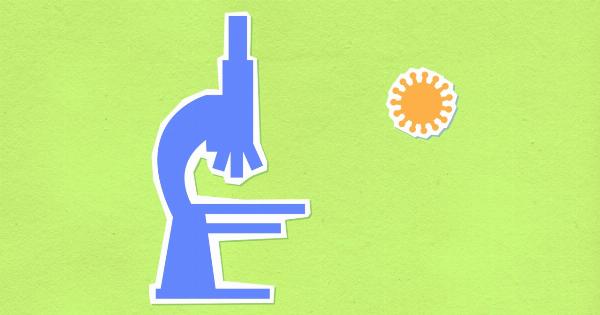It’s a common experience to have a blocked nose, or runny nose, or both. The cold is a viral infection of the upper respiratory system. It is often accompanied by symptoms like coughing, sneezing, headaches, and fever.
A cold also affects the olfactory nerve, which is responsible for our sense of smell. When this happens, the bouquet of fragrances, odors, and aromas that we experience with our noses changes, and we may not be able to enjoy them as much as we usually do.
What is a Cold?
A cold is a viral infection that can affect the nose, throat, and sinuses. It’s one of the most common illnesses and can be caused by several types of viruses. The most common virus that causes a cold is the rhinovirus.
The symptoms of a cold can vary, but they usually include a stuffy or runny nose, sore throat, cough, and fever.
How Does a Cold Affect Our Sense of Smell?
The olfactory nerve is responsible for our sense of smell. When we have a cold, the virus can infect the olfactory nerve and cause inflammation. This inflammation can affect our ability to smell.
We may not be able to smell things as well as we usually do, or we may not be able to smell anything at all.
In some cases, a cold can also affect our ability to taste. This is because our sense of taste is closely linked to our sense of smell.
When we eat, the odors from the food we are eating travel up to our nose, where they are detected by the olfactory nerve. If our sense of smell is compromised, our ability to taste may also be affected.
Treatment for a Cold
There is no cure for a cold, but there are several things that you can do to help alleviate the symptoms:.
- Rest
- Drink plenty of fluids
- Use a humidifier
- Take over-the-counter medication
- Gargle with salt water
- Use nasal decongestant sprays or drops
When to See a Doctor
Most colds will go away on their own within a week or two. However, sometimes a cold can lead to complications. If you experience any of the following symptoms, you should see a doctor:.
- Fever above 102°F
- Severe or persistent headaches
- Shortness of breath
- Wheezing
- Chest pain
- Earache
- Sinus pain or pressure
- Thick, green or yellow mucus from the nose or coughed up from the lungs (this may be a sign of a bacterial infection)
Preventing a Cold
Prevention is the best way to avoid getting a cold. Here are some tips to help you stay healthy:.
- Wash your hands frequently
- Avoid close contact with people who are sick
- Cover your mouth and nose when you cough or sneeze
- Avoid touching your face, especially your eyes, nose, and mouth
- Disinfect surfaces that may be contaminated with germs
- Stay home if you are sick
The Bottom Line
A cold can be a frustrating and uncomfortable illness. It can affect our ability to smell and taste, which can impact our enjoyment of life. While there is no cure for a cold, there are several things that you can do to help alleviate the symptoms.
The best way to avoid getting a cold is to take preventive measures to stay healthy.





























